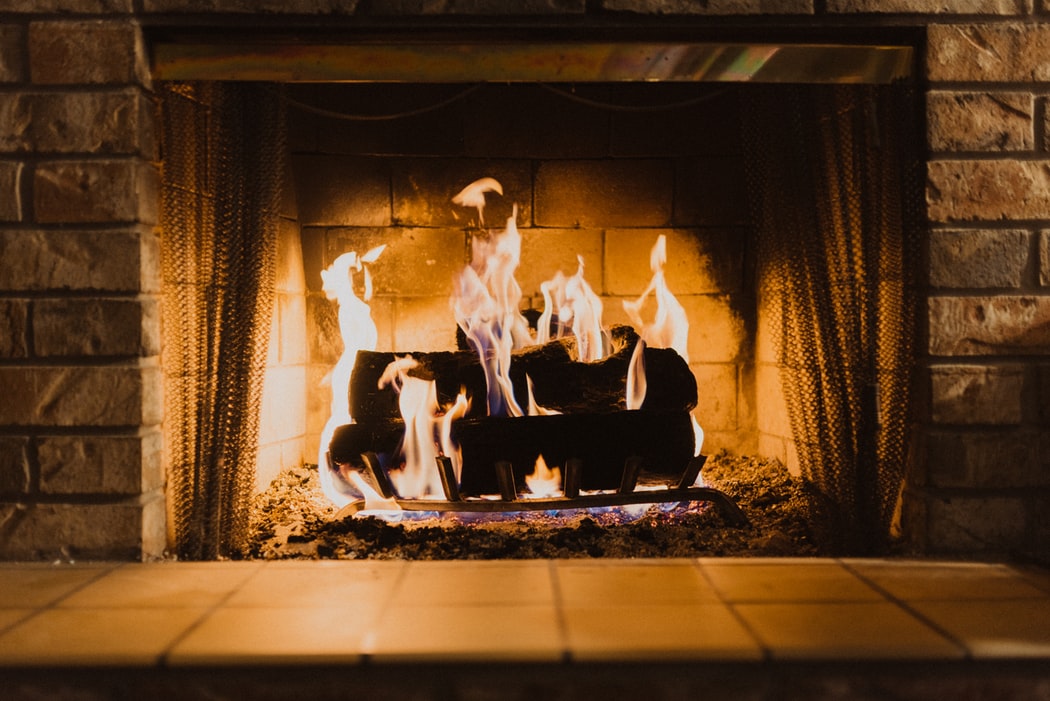By Erin Denstaedt Certified Concierge Care Advisor
As the body ages, its ability to regulate its own temperature, as well as sense other temperature fluctuations, changes. This can be dangerous for seniors in any extreme temperature, but the cold can be especially perilous. In fact, hypothermia is a real danger for seniors, with over half of all hypothermia deaths occurring among individuals 60 and older, according to the CDC. Many believe that only extreme cold is to blame for hypothermia when in fact, mild hypothermia can set in at an outdoor temperature of just 60 degrees. Here are 5 tips for seniors to stay warm and safe when the weather turns chilly:
Don’t skimp on heat
It might be tempting to save money by keeping the heat low, but a thermostat setting any lower than 68 degrees in a poorly insulated house can be dangerous for seniors, especially during fall and winter months. Drops in body temperature often cannot be felt, so a senior may not know that they are too cold or be able to take proper action before it’s too late. Seniors should keep the thermostat at a minimum of 68-70 degrees and should take care to properly insulate drafty windows and doors. For those who are concerned about heating costs, state assistance may be available to specifically help seniors with these bills.
Avoid heating dangers
It’s tempting to want to stay warm using space heaters, fires or electric blankets, but seniors should take extra care when using these amenities. Space heaters should always be in a well-ventilated space and at least two feet away from furniture, walls or other flammable objects. It’s best to use a space heater that has a timer as well, in case turning it off is forgotten. Be careful of any cords, and never rest or hang clothing or other objects on heaters. Seniors should also avoid using electric blankets at night, since it can be difficult to adjust settings if it gets too warm. Instead, use more blankets, especially down, wool or flannel.
Wear layers
During colder months, seniors should wear several layers of clothing. Start with a layer that lies a little closer to the body and is made of a fabric that wicks away moisture. For outer layers, wool, flannel or thick sweatshirt material is ideal. Make sure clothing stays dry throughout the day, as wet fabric will do little to ward off chill. If returning inside after snow or rain, change out of damp layers immediately and replace with dry ones, especially if socks or inner layers have gotten wet.
Bundle up when going outdoors
Seniors should be careful to bundle up when heading outdoors during colder months. Wear a coat or jacket and pay careful attention to cover the head (where the most heat escapes), the neck and hands. Wear waterproof or weatherproof shoes or boots to keep feet warm and dry.
Seniors often have trouble regulating temperatures in their extremities and can lose blood circulation to hands and feet quickly, so warm dry gloves, socks and boots are a must when venturing outside.
Eat well and exercise; some seniors struggle with nutrition, not for lack of wanting to eat well, but because changes to their bodies, medications or ailments can cause appetites to wane. Some also have trouble cooking or struggle making meals for one, and may opt for less nutritious options throughout the year. Eating good, whole nutritious foods in the winter months can go a long way in helping seniors regulate their body temperatures and stay warm. Try hearty soups, roasted vegetables or casseroles during cold months. For seniors who may not want to (or lack the ability to) cook, several services can provide regular nutritious food, like Meals on Wheels.
Exercise is also a great way to increase body temperature and appetite for seniors who are able to participate. Check out local Senior Centers for safe and enjoyable activities in the winter.
Following these steps will help keep you or your loved one safe and warm even in tricky weather. If a senior gets too cold they may begin to experience symptoms of hypothermia such as confusion, shaking, slowed breathing or slurred words. Seniors may also have symptoms that present as difficulty in walking, or uncharacteristic, irritable mood swings.
If you suspect that you or a loved one is experiencing hypothermia symptoms, slowly warm them by wrapping them in blankets and adjusting the indoor temperature if needed. Never rub the individual’s hands or feet, give them a hot bath or shower, or have them drink alcohol. Instead, take the individual’s temperature, and if it is 96 degrees or below, call 911 immediately.
.
If Concierge Care Advisors can provide more information about senior housing or care needs or any other resources please reach out. We are always happy to help!

























